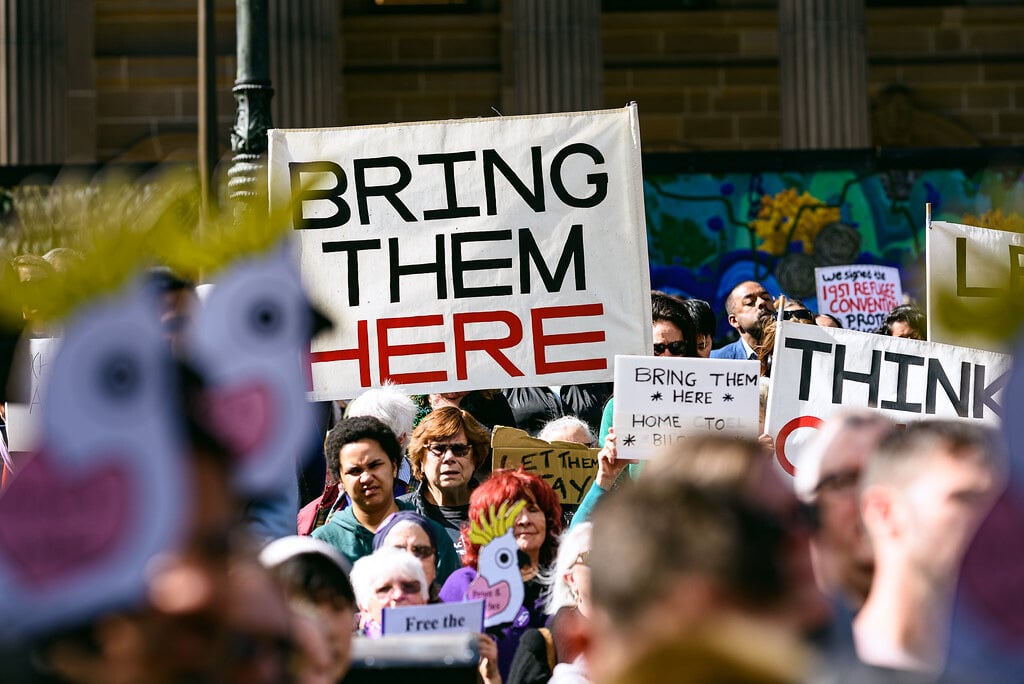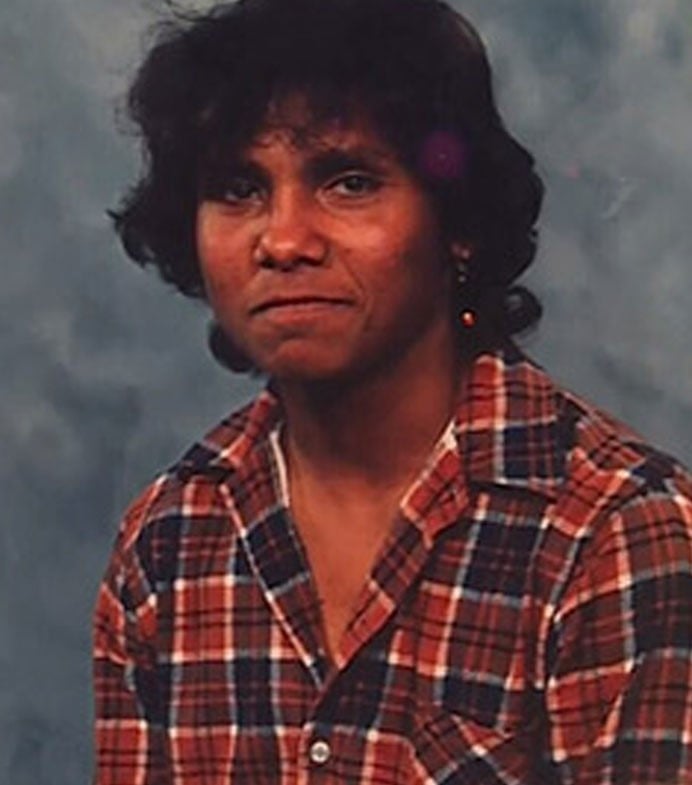WARNING: This story contains detail that may be distressing to some readers, including descriptions of female genital cutting and suicide. If you are experiencing distress and are in need of support, please contact Lifeline on 13 11 14.
“DCQ18 shows the terrible human impact of Australia’s offshore detention regime” – Anna Talbot
The story of DCQ18 is a reminder of the horrific treatment refugees experience in offshore detention on Nauru. In spite of clear evidence that DCQ18 (their identity has been withheld to protect their identity) urgently needed to terminate her pregnancy, she was unable to do so without taking the Minister for Home Affairs to Court. All while she was 12 weeks pregnant.
– Anna Talbot, Senior Solicitor and Legal Practice Manager
Case name:
DCQ18 v Minister for Home Affairs [2018] FCA 918
Case summary:
A pregnant Somalian woman (the applicant) detained on Nauru wished to terminate her pregnancy because of concerns about its possible detrimental impacts on her mental health. Due to having undergone female genital cutting (referred to as FGM in the judgment) in Somalia, both parties agreed that she needed to be transferred to a medical facility off Nauru.
In accordance with medical evidence, the Court ultimately ordered that the Minister for Home Affairs cause the applicant to be transferred to a place where she could receive a medical assessment and treatment for the termination of her pregnancy.
The facts:
The applicant was a 30-year-old Somalian woman. She had been accepted as a refugee by Australia on 4 November 2014 and was subsequently granted a temporary settlement visa to live temporarily on Nauru. She was on Nauru at the time of judgment and has been there for almost five years after being transferred from Christmas Island in October 2013.
The applicant was approximately 12-weeks pregnant and wished to terminate her pregnancy on the grounds that the pregnancy would be detrimental to her mental health. She requested an interlocutory (a provisional judgement given while the case is still ongoing) mandatory injunction to secure an urgent transfer to a medical facility where this procedure could be safely and legally achieved in her circumstances.
The applicant had undergone female genital cutting (referred to as FGM in the judgment) in Somalia, which had important implications for the available places where the applicant could be medically treated. She also had a history of mental illness, including suicide attempts.
The legal issues:
Whether the respondent would discharge his duty of care to the applicant by arranging for her to be assessed and treated in Taiwan.
It was agreed between the parties that it was not possible for the applicant to undergo the medical procedure that she required on Nauru. The respondent had sought to transfer the applicant to Taiwan for the medical procedure, but the applicant did not consent to that transfer. The principal question was whether transfer to Taiwan for the procedure would be appropriate or whether the respondent should be compelled to transfer the applicant to another location.
Medical evidence was provided by Professor Caroline de Costa, Professor of Obstetrics and Gynaecology and Professor Louise Newman, Director of Women’s Mental Health at the Royal Women’s Hospital in Melbourne, regarding both the physical and psychological needs for a woman who had undergone FGM and who was requiring a pregnancy termination. Further medical evidence provided by a Taiwanese doctor which demonstrated that the requisite level of expertise was not available in Taiwan.
Robertson J considered that there was a serious question to be tried as to whether the respondent owed the applicant a duty of care to provide her with a level of medical care designed to meet her needs, including her mental health care needs. This duty included an obligation to remove the applicant from Nauru to a place where she could be admitted for appropriate medical treatment.
What was held:
The Court ordered that, as soon as reasonably practicable, the Minister for Home Affairs was to cause the applicant to be transferred to a place where she could receive medical assessment and treatment for the termination of her pregnancy, in line with the recommendations contained in the medical evidence.
In the media:
- Somali refugee on Nauru wins bid to have abortion in Australia – SBS News
- Genital mutilation victim on Nauru for five years wins bid to have abortion in Australia – The Sydney Morning Herald
- Peter Dutton’s Lawyers Argued A Refugee Couldn’t Come To Australia For An Abortion Because Of The Size Of Her Vaginal Opening – Buzzfeed News






